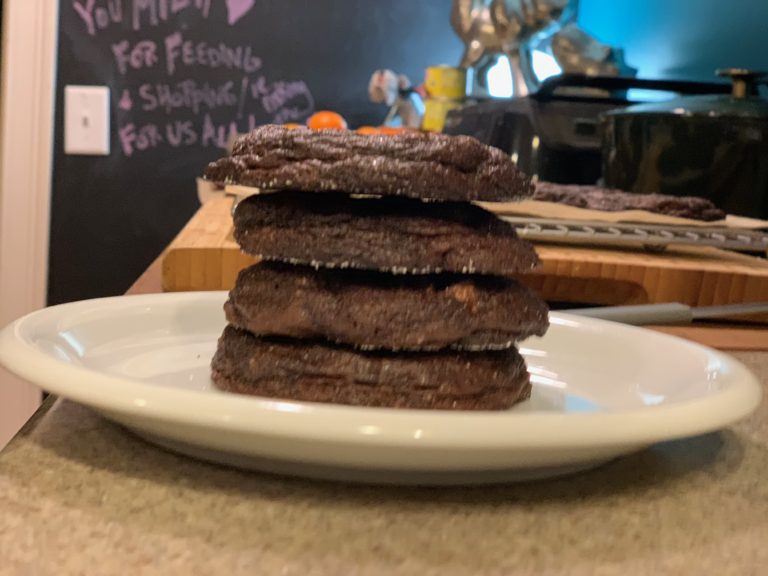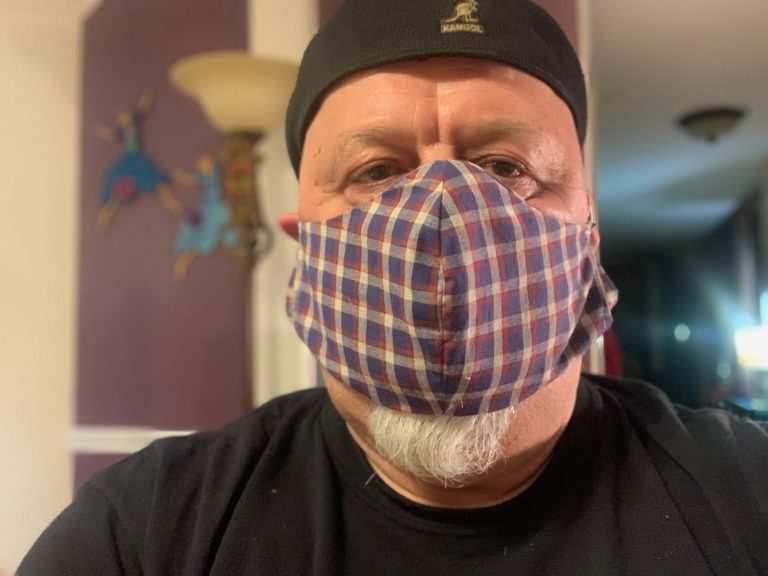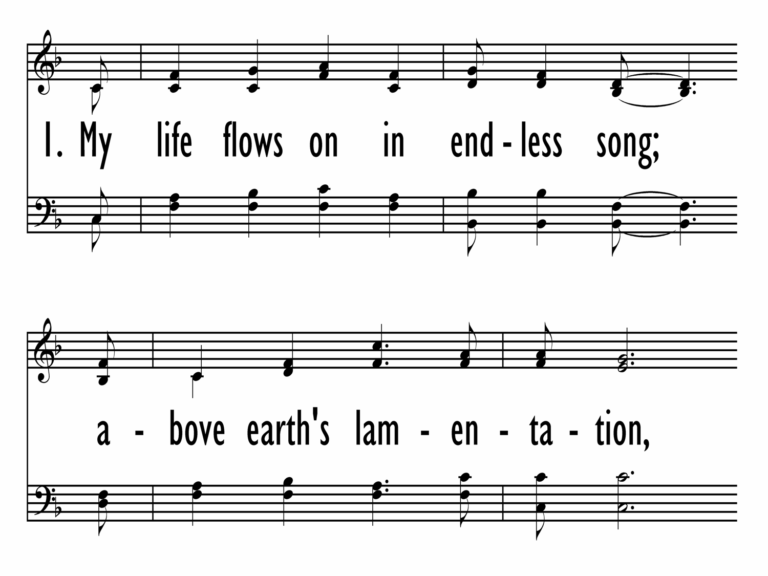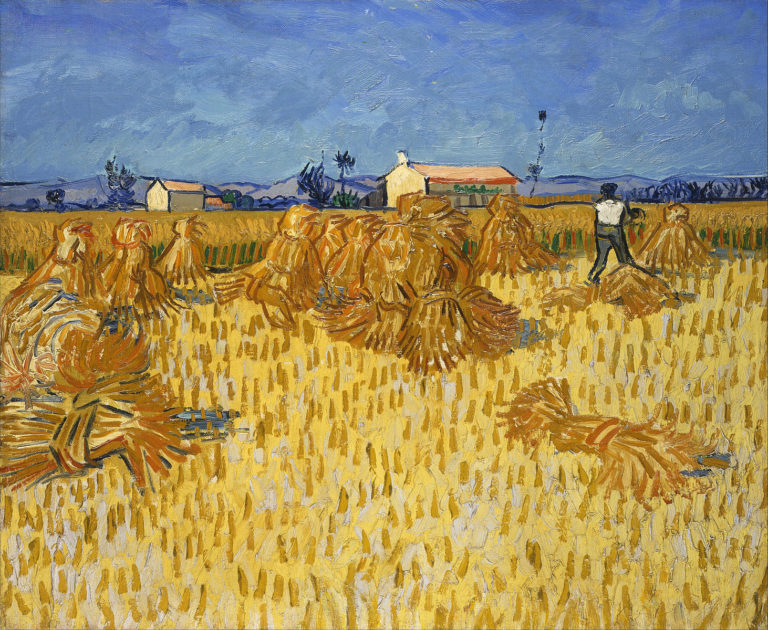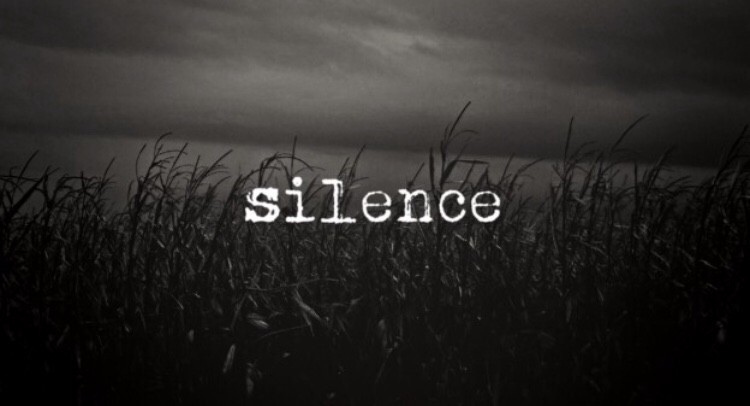One of the most magnificent failures of my life was as a church planter in Boston.
Ginger and I moved to Charlestown, Massachusetts a few months after we married to try and start a church there. We worked hard at it and we had no idea what we were doing. Two or three years in, we had what is now the second worst winter on record in Boston (twelve blizzards!), and when it was over the Bible study group that held the promise of becoming a church was nonexistent.
I got a job as a substitute teacher at Charlestown High School because I needed to do something to make money and teaching seemed like worthy work. Ginger was already holding down two jobs as part-time youth minister and the First Congregational Church of Winchester, Massachusetts and as a chaplain for the Visiting Nurse Association in Stoneham.
What started as a sub job turned into something more permanent. About two weeks into the school year, one of the English teachers went out on long-term disability and I ended up with his classes. The chance to teach set me on a path to get my certification, which meant I had to go back to school for a teaching certificate, first, and then a Masters in English. I kept teaching full time through all of it.
Each of the four semesters of my Masters, I took two seminars alongside of the five classes I was teaching. I left as soon as school was out, caught the 93 bus to Downtown Crossing, cut over to the Red Line at Park Street, rode out to the JFK/UMass stop, and then rode the shuttle to class at UMass/Boston. At night, I did what I had to get ready to teach. On the weekends, I read for my seminars. As each semester began, I would say to Ginger, “I can do anything for twelve weeks, right?”
Part of the reason I could live with the stress was that I could see when it would end. I knew why I was doing it and I knew it would be over. I wouldn’t have to live that way forever.
When my father died, I experienced a grief I had never known before. I also experienced a new reality in my life: my father was dead. I would live the rest of my life without him. That was not going to change. There was nothing to life through, only a grief to live with.
A friend who was farther down the road of grief than I was gave me a helpful word. “Chop up the day into bite-sized pieces. Pieces you can digest. If all you can take in is the next fifteen minutes, then just live through the next fifteen minutes, and then live through the fifteen minutes after that.”
Their words were life-giving
It seems to me that these days hold some of both scenarios. At some level, we know life will not always require of us to be physically distant and confined to our homes except for the necessities. We will not always have to fear being gathered too close or touching someone. At the same time, we don’t know when that ending will come. And, as each day passes, the pandemic gets more personal. I know people who have, or have had the virus. I have yet to experience the death of someone in my immediate circle, which means I am fortunate. Though life in the time of Corona will have some sort of ending, we have no idea when it is, and so the grief feels like a stretch of open road that we are required to travel.
Both scenarios call us to cut life into pieces we can digest. I get up in the morning to read and journal before I start work, which is also reading. Around 10:30 or 11, I take a walk. The next marker on my schedule is a phone meeting with my colleagues to check in around 1:30. Four o’clock has become nap time, then another walk, dinner, another walk with the pups, and then writing again before I go to bed. Like my days in graduate school, I chop the days into pieces small enough to see my way through; like the grief after my father died, I hope the days into pieces small enough to see my way through.
Hear me clearly: I am not saying I have a handle on this, by any means. I am chopping the day into bite-sized bits to try and create a reasonable social distance between me and my depression. I have days when, as I said to Ginger, I don’t feel like I am depressed; I am deteriorating. And then there are hours in the afternoon, like today, when I dug garden beds in the evening sunlight and felt, briefly, whole. Most days, I live with a persistent disquietude–something I can see on the faces of most everyone I meet, even from six feet away.
Life will go on beyond this crisis. What life will look like, I don’t know. When we get past this part of the pandemic, thousand of people will have died, millions of people will have lost their jobs, and the world, as we know it, will be different. We are not walking towards a happy ending. We don’t have a great deal we can be sure of, other than we can take care of each other. Whatever life looks like on the other side, it is worth it to keep going. Together. That we know things will not always be like this means we have reason to hope.
That’s all I’ve got.
Peace,
Milton


